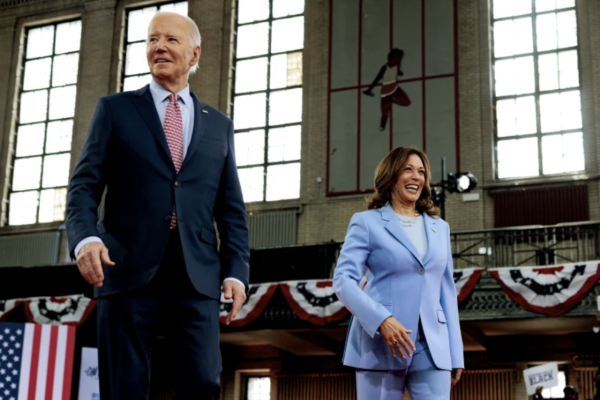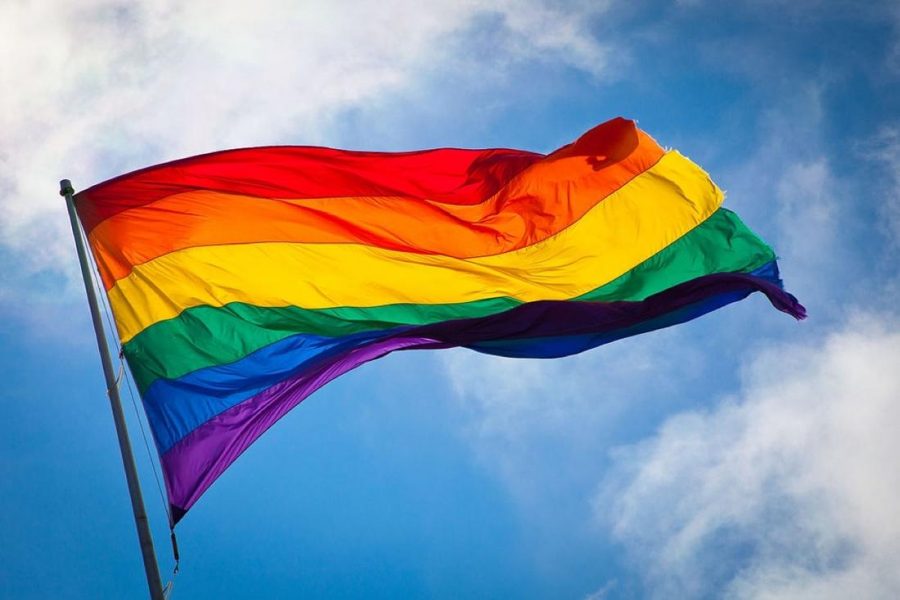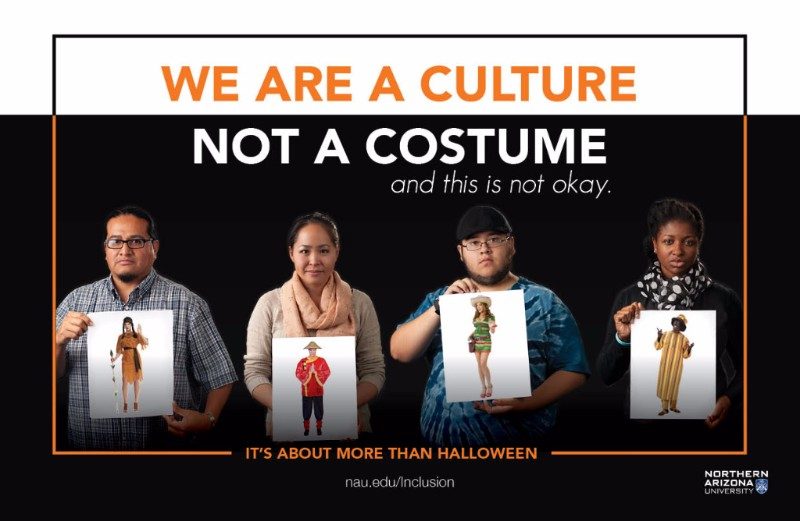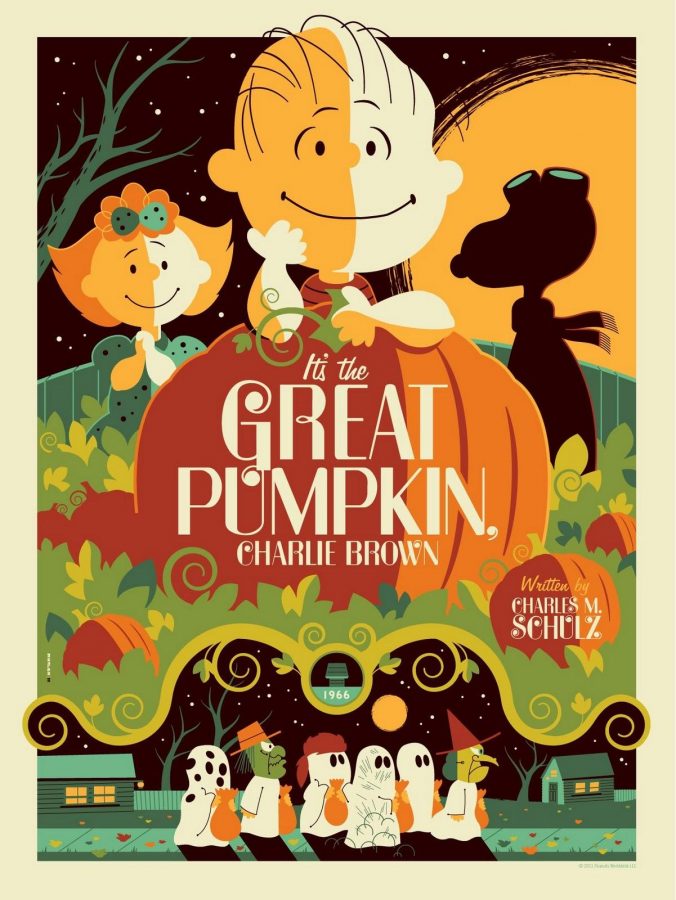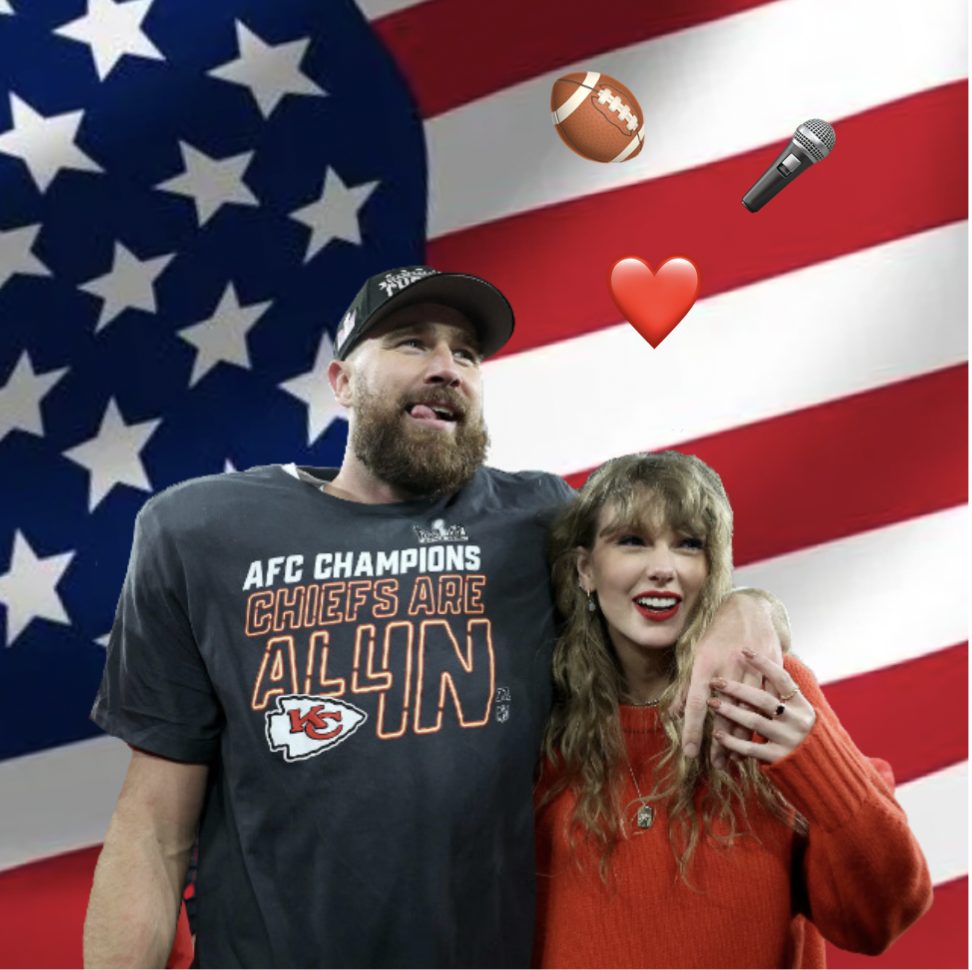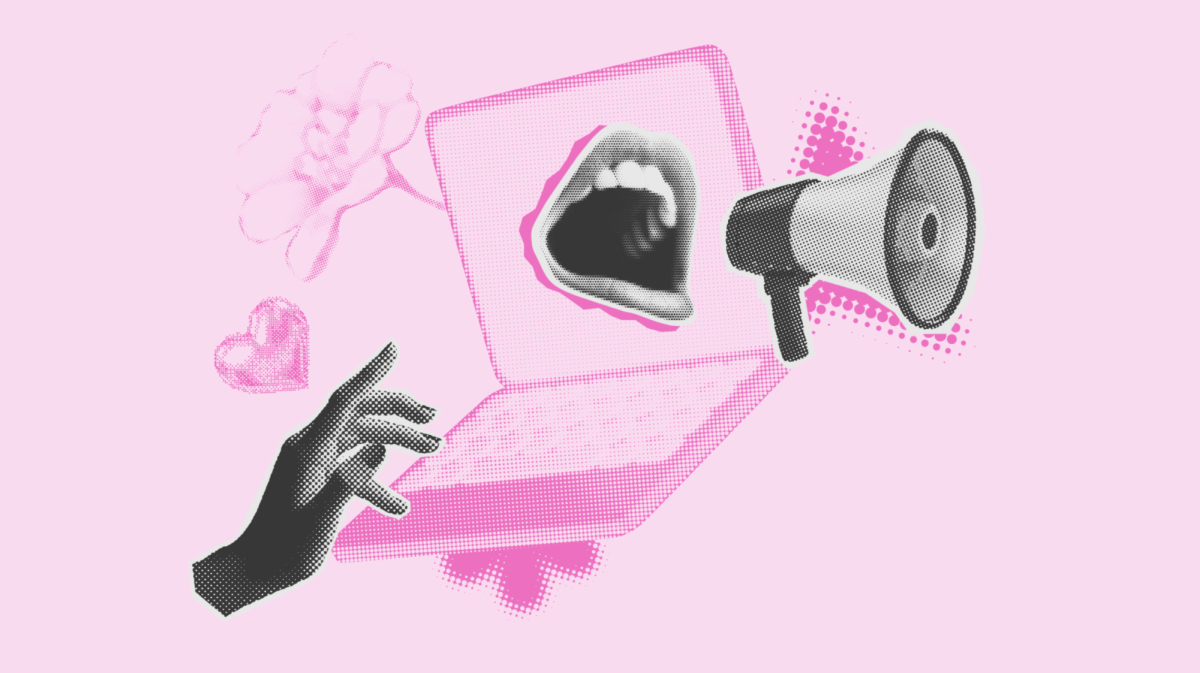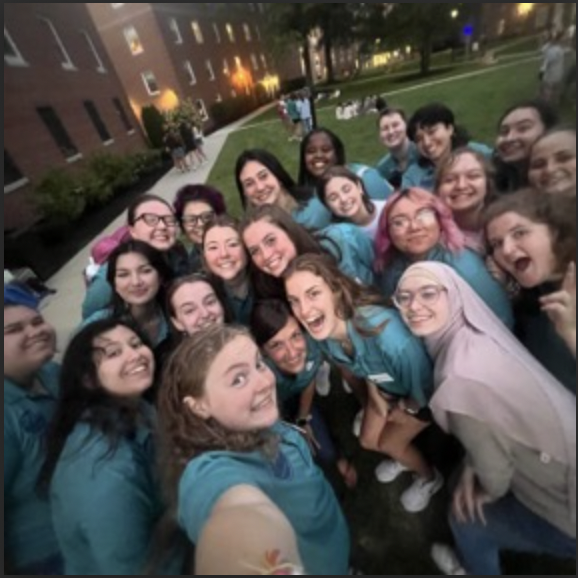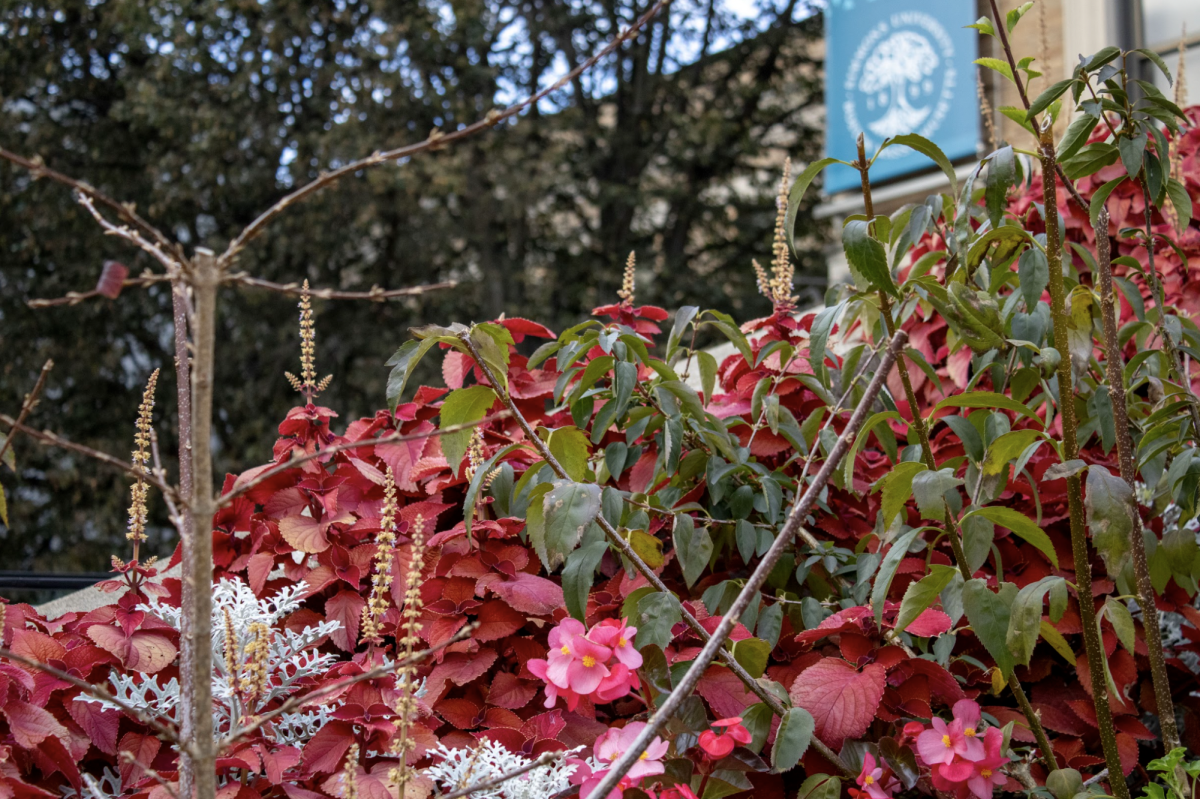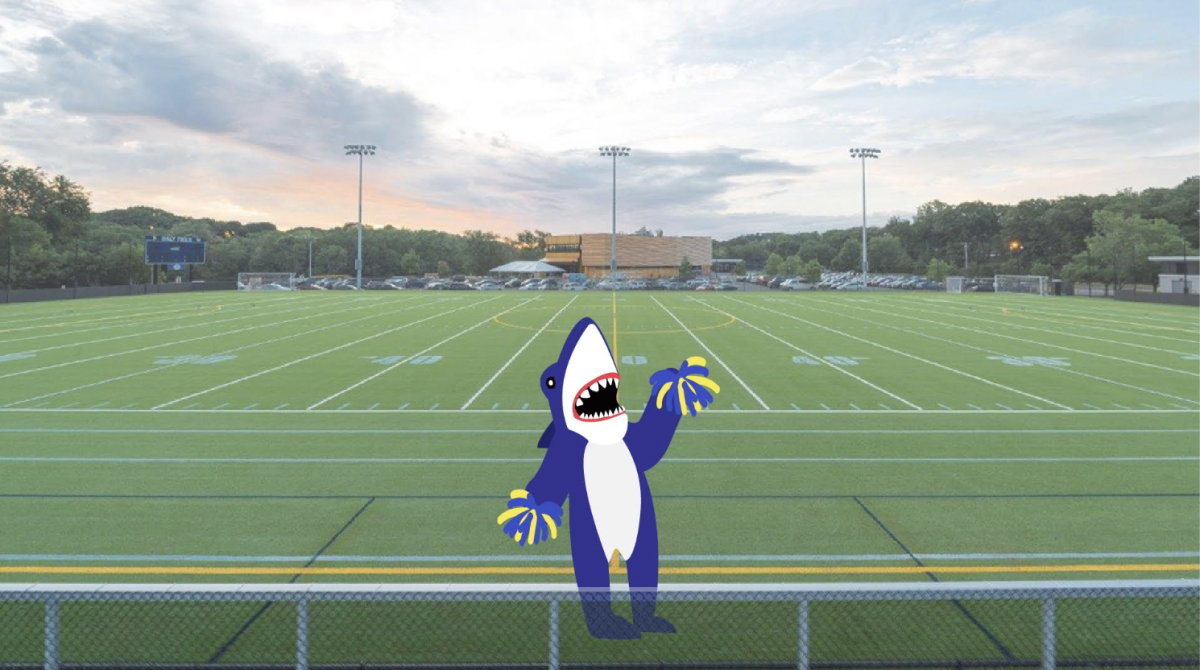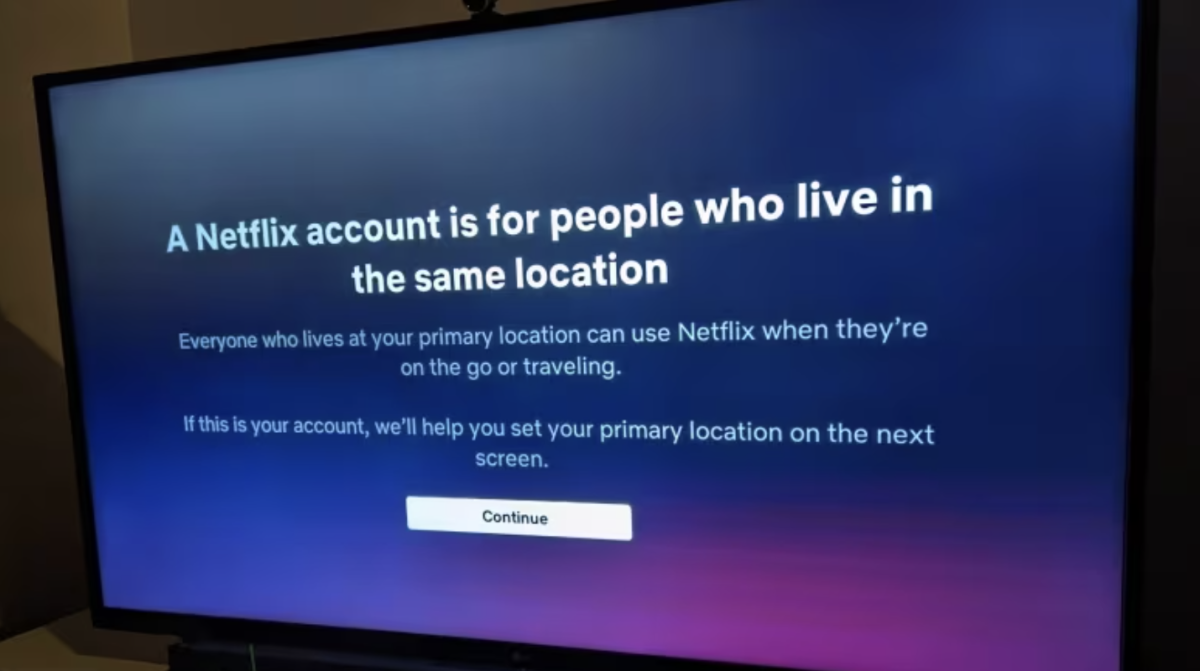By Nicole Veneto
Staff Writer
I’m not going to spoonfeed you gentle words or placate any feelings of defensiveness I know I’m about to bring out. So if you think reading this is going set “Kill Bill” sirens off in your head the next time you see me around campus then you should probably skip to this week’s Sudoku puzzle. Otherwise, I’m just gonna get into it.
Your dreads are racist.
And you, by extension, are doing something racist.
And yes, it has everything to do with you being white.
But I understand. Being called out for racism is a tough pill to swallow. Racism is bad, and nobody wants to be bad, right? However, the way we’ve been taught to think about racism is actually straight up wrong.
Racism is not simply a person-to-person interaction of negative attitudes based on racial prejudice. Racism is a system held up by institutional structures (capitalism, government, media, etc.) that allots power and privileges to white people while working to marginalize people of color.
The problem is that we’ve conflated racism with prejudice. In actuality, racism is racial prejudice that is backed by institutional power, creating a situation where an oppressor has power over the oppressed. This is why that mythical concept known as “reverse racism” isn’t real; black people can have prejudice towards white people, sure, but they do not have the institutional power to oppress white people.
In the U.S., white people are considered the “norm,” holding most of the positions of power, the wealth, and the majority of representation throughout media, while people of color are seen as the “other” or the “exception.”
And this isn’t a thing that just sporadically happened. This was achieved throughout the history of the U.S.: the systems of slavery, the genocide of Native Americans, imperialism, exploitation of immigrant labor, Japanese internment camps, and so on and so forth.
Getting back to your dreads, though, the reason that your hairstyle is racist is because you, a white person, are appropriating a part of black culture, and in appropriating dreadlocks, you are erasing the cultural significance of this hairstyle to the black community. You are doing what is known as “cultural appropriation,” which is when people of a dominant culture (one with systematic power) take elements from a culture of people who are systematically oppressed by the dominant culture (“What’s Wrong with Cultural Appropriation,” Everyday Feminism).
This power dynamic of “oppressor over oppressed” is essential in understanding why cultural appropriation is not a form of appreciation or cultural exchange―it isn’t mutual, especially when the dominant group does it without even knowing the cultural significance of what they’re taking.
As Jarune Uwujaren for Everyday Feminism writes, “Using someone else’s cultural symbols to satisfy a personal need for self-expression is an exercise in privilege” (“The Different Between Cultural Exchange and Cultural Appropriation”), especially when people of color are forced to assimilate to white culture in order to even be seen as human. (This includes black women having to straighten their hair and Native American children being forced to speak English).
Hence, cultural appropriation is an act of racism.
If you’ve still itching to say, “Okay, but…,” then allow me to give you some examples of how the cultural appropriation of dreadlocks is racist, regardless of your intentions.
Case in point: Kylie Jenner, princess regnant of cultural appropriation.
Kylie appropriates a hell of a lot from black culture, and no, she does not get a pass because she’s a part of the Kardashian clan or because she’s dating Tyga (who was dating her while she was underage, mind you). When Kylie decided to rock dreads for a Teen Vogue photoshoot, it was considered everything from “chic” to “fashionable.” Cosmopolitan gushed. Nylon thought she oozed cool. When Kylie does it, dreads are stylish, chic, trendsetting.
Meanwhile, when Zendaya wore dreadlocks to the 2015 Oscars, Giuliana Rancic of Fashion Police commented that she probably “smells like patchouli oil. Or weed.”
Meanwhile, the Navy discharged a black women for refusing to cut her dreadlocks.
Meanwhile, black people’s natural hair is considered “unprofessional” in a corporate setting and even a “distraction” in schools.
Meanwhile, the flags of four southern states still depict variations of the Confederate flag in their designs.
Meanwhile, black people are disproportionately murdered by trigger-happy police who have been trained in racial profiling.
You, fellow white person, have the privilege to wear a cultural piece of blackness without having to carry the weight of being black in our society. You want the look but none of the experience. And when our society values black culture but not black people, then that is wrong.
In the end, it’s you who has to decide whether you’re going to take these words to heart or dismiss them. But if you choose to keep your dreads, then frankly, I want nothing to do with you. I will be judging you for playing into and perpetuating racial oppression. I am under no obligation to pay any respect to that.
Sorry.
(But not really.)




